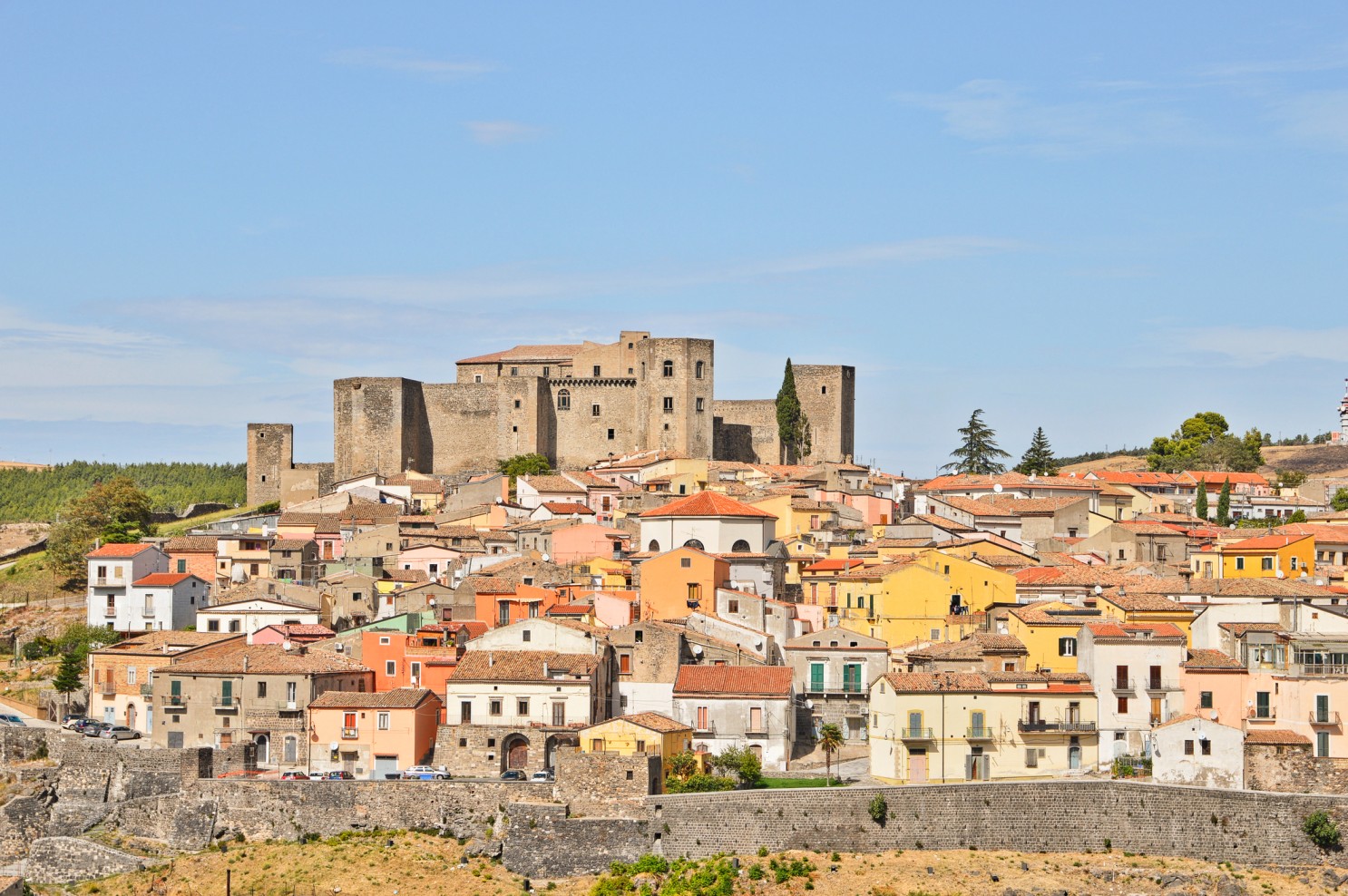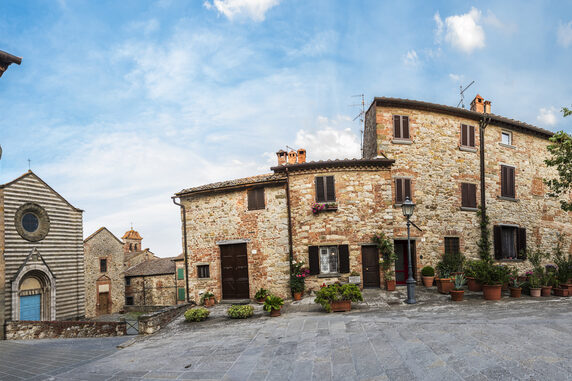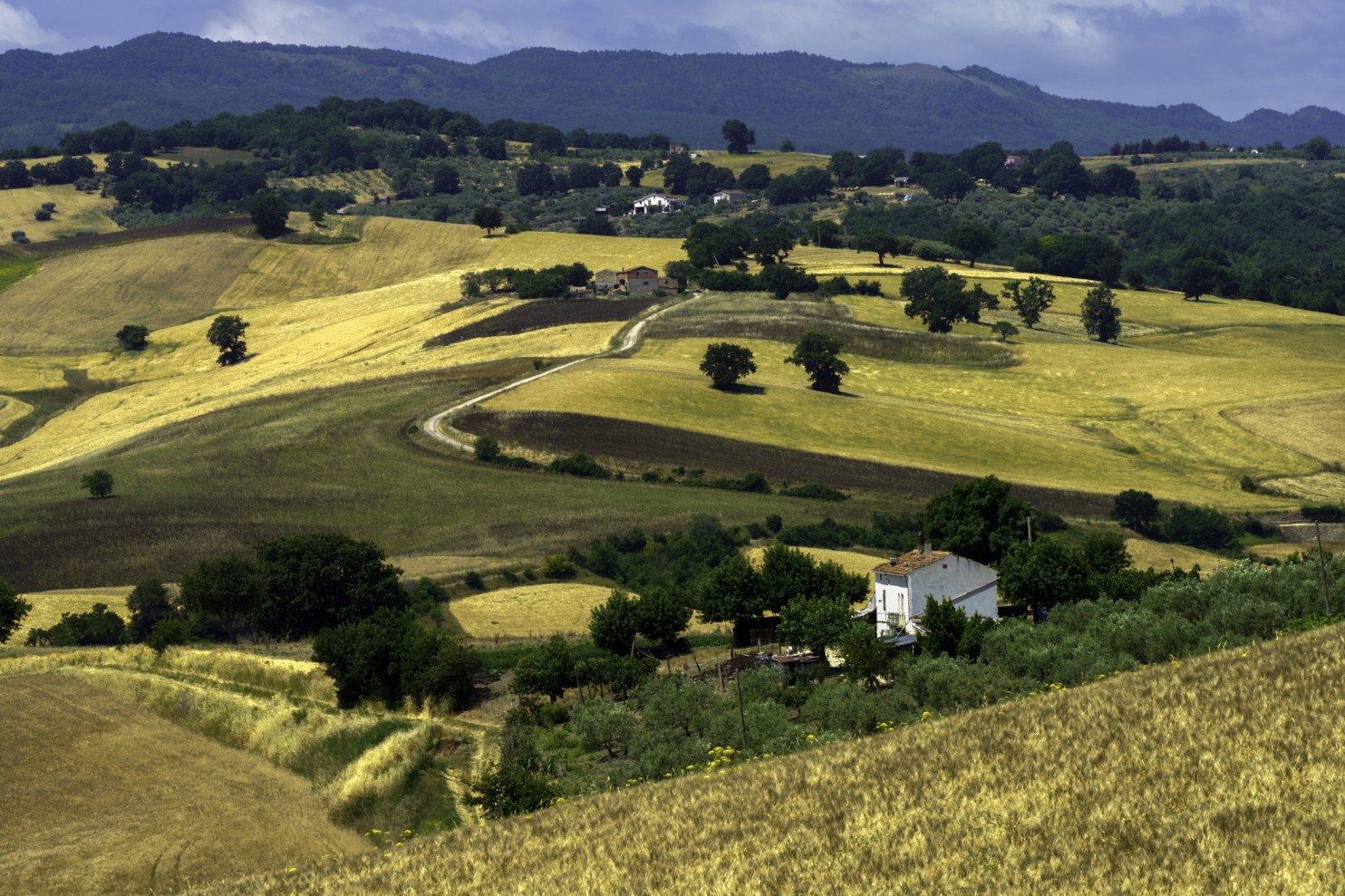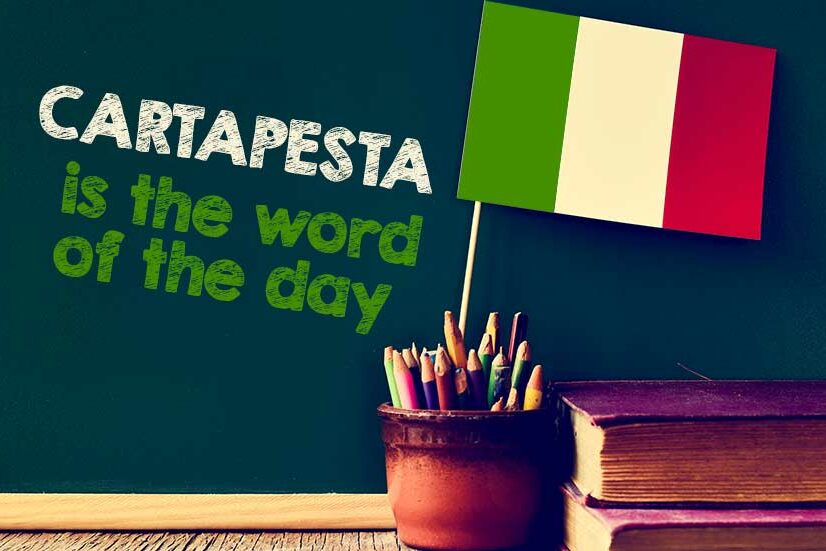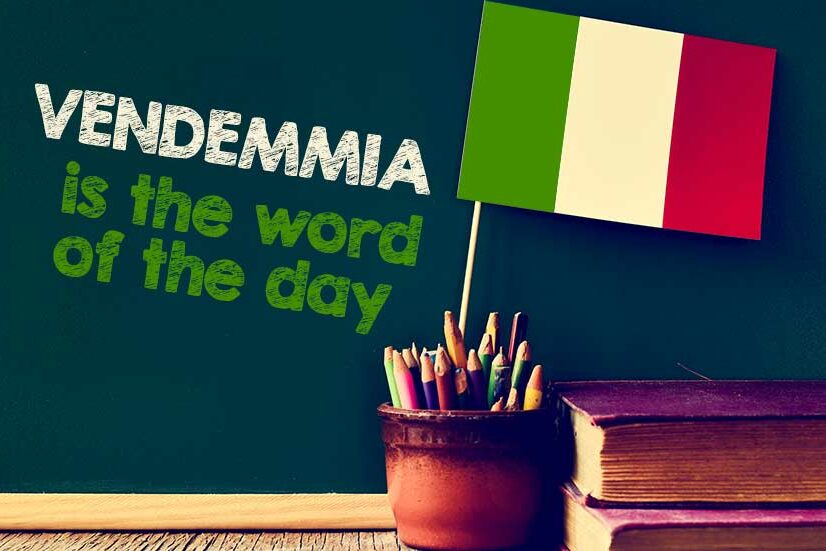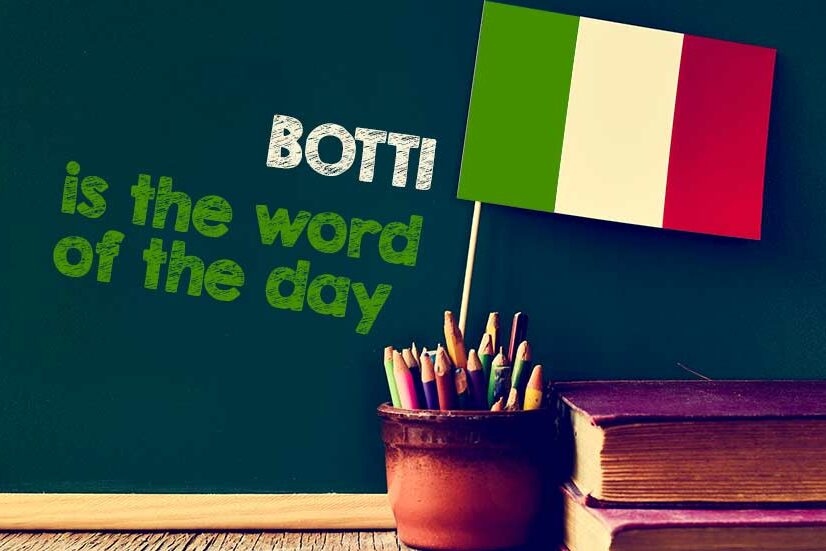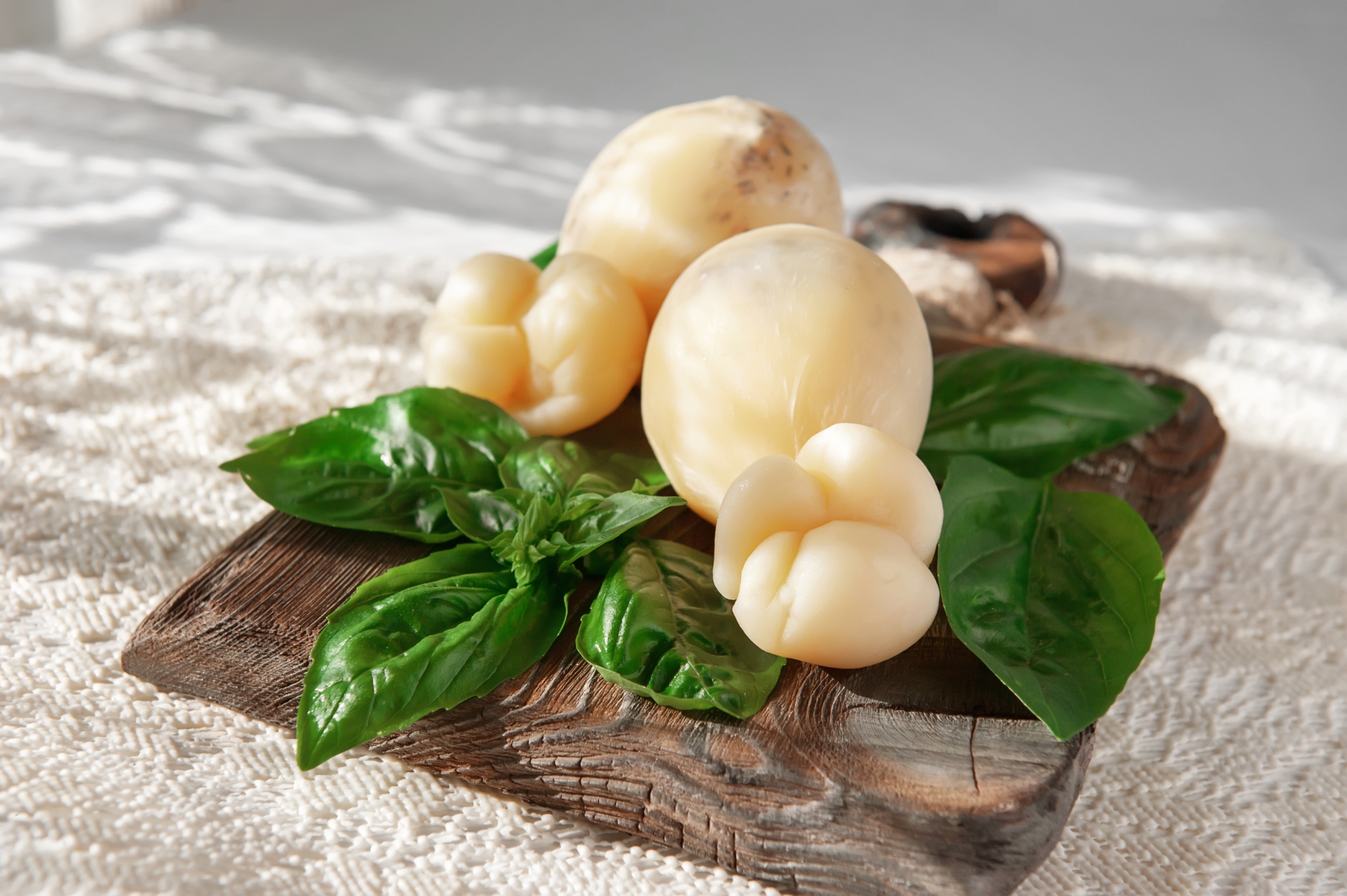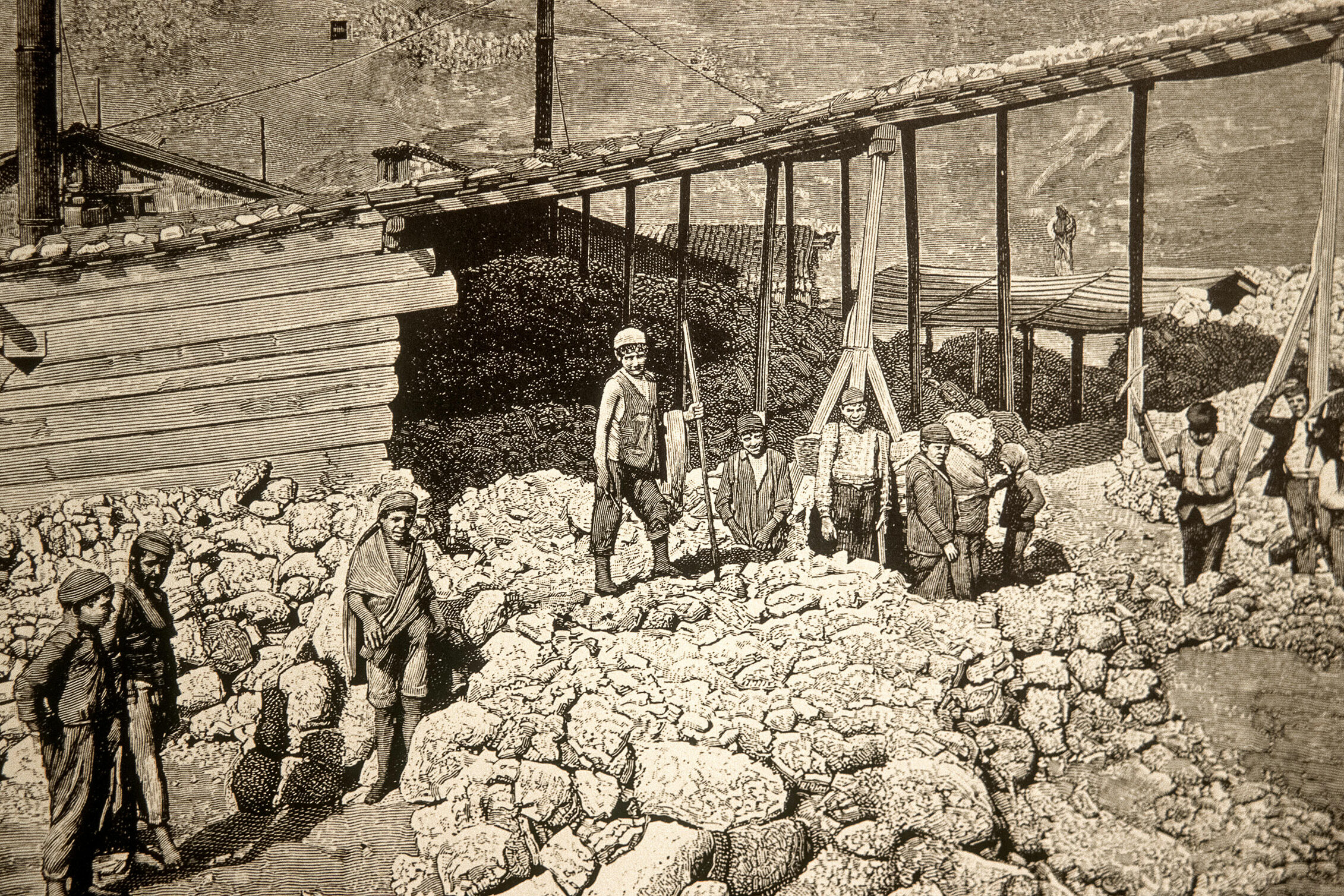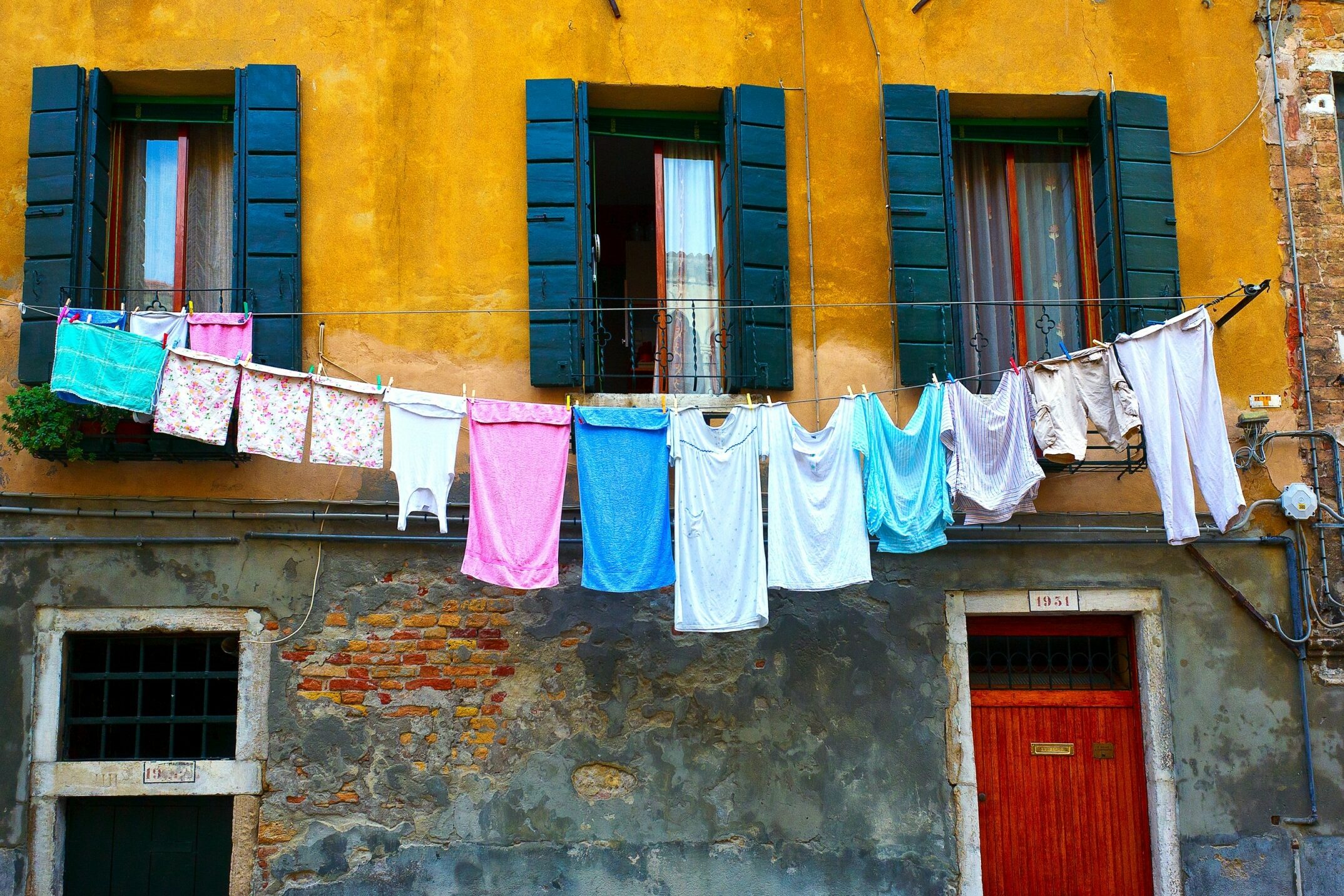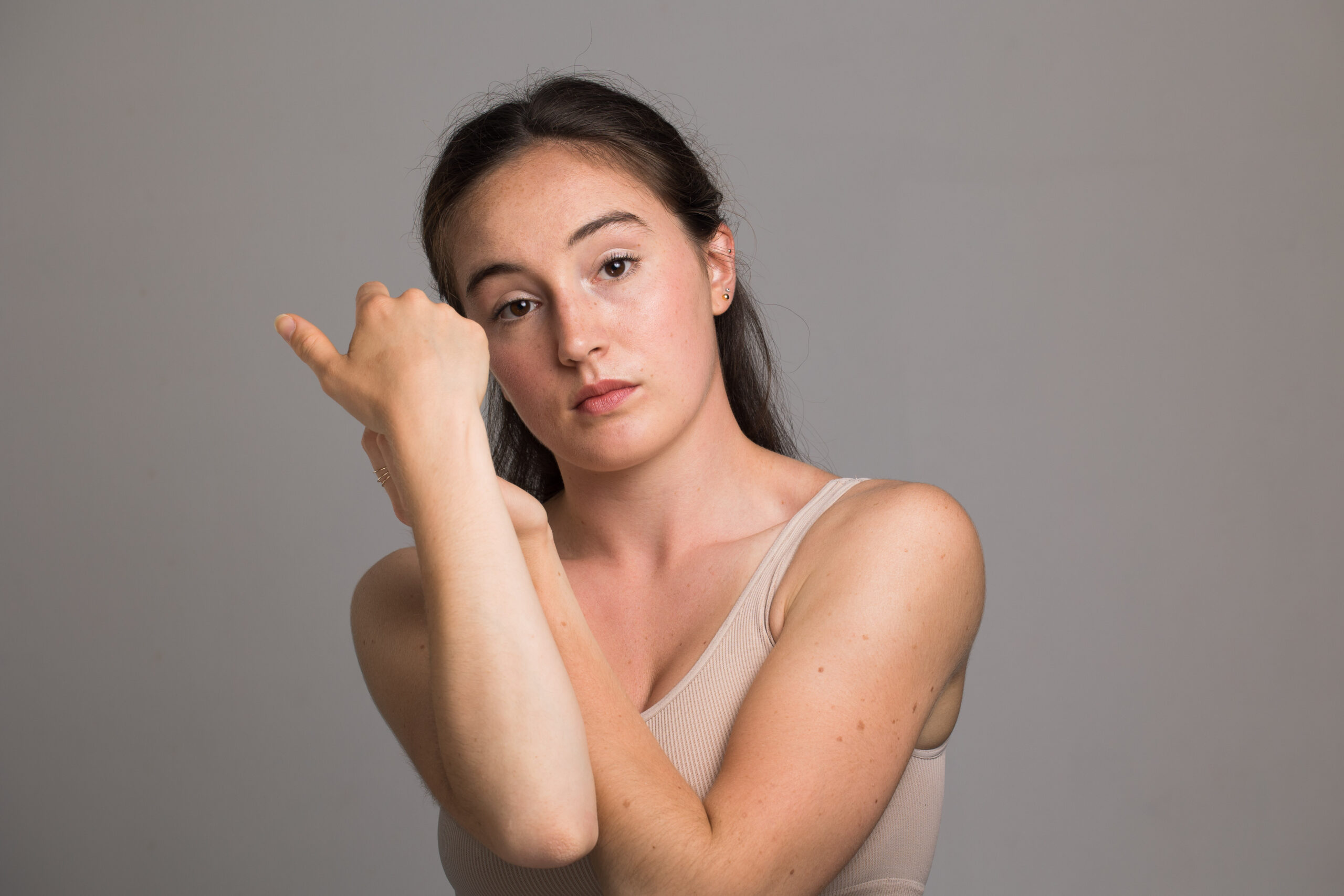Sometimes, in life, we see a person do one thing and that one thing defines the very essence of who he or she is. Maybe it is the way you cook, that precise blending of ingredients, which shows what a meticulous person you are; or the way you grow roses, that painstaking effort to prune and water, defines a disciplined spirit, or the way you sing.
Suddenly, we get a glimpse into the true nature and grit of your soul. So before I was about to interview Italian film and television star, Michele D’Anca, I looked at the body of his work to find some clues into who he is, both as an actor and as a person.
Scene after scene, whether he is playing a villain or a general, he brings a certain refined elegance and intensity to the screen. A deep voice, a natural sensuality, an innate talent and commanding presence. Check, check, and check. And it was during one of his scenes, when I caught a glimpse of a kiss, un bacio, between him and a beautiful actress.
This was no ordinary kiss, no yawn Tom Cruise kiss in Top Gun where we are made to believe the “Maverick” is actually getting turned on. No, this was a kiss where D’Anca loses his senses, all that is around him, where it is just his lips, and this girl and his heart. We are in the moment, his moment. In the end, it was that “thing” that told the whole story–this was the essence of Michele, the actor: a passionate man beneath a calm and cool exterior.
Born in Bologna to Sicilian parents, Michele effortlessly intertwines his experience, his years of training and his own life experiences within his work. I had the opportunity to interview Michele as he spoke about his role in Italy’s beloved soap opera, Centovetrine where he plays the intriguing Sebastian Castelli, his ability to pursue his life and work with such passion, and how acting has ultimately helped him overcome his greatest and most difficult loss.
(Read the full interview in Italian here http://owl.li/AjZgu)
Gaya Lynn: Good morning Michele. Thank you for joining me and L’Italoamericano. You once said that you who had no trouble being by yourself. Were you always like this? And do you feel this solace that you embrace has helped you develop your imagination and perhaps your work as an actor?
Michele D’Anca: Yes, it is an innate trait or a quality with which we bring into the world… in my childhood, it was due to extreme shyness and discomfort in expressing my feelings. Certainly, this ability, or rather this pleasure to be by myself, as if with a secret playmate, helped to develop my imagination and my creativity. I drew, I made up games, created plays, puppets … Perhaps, this feeling then allowed me to gravitate towards acting, as it was a natural means for me to express myself.
GL: Then, you began to study dance and in fact, studied with the famous dancer, Lorella Cuccarini if I’m not mistaken. How did dance help you later as an actor, and how did you get into it when most little boys were out playing soccer?
MA: I used to play soccer myself but at the same time, I began to cultivate my dreams, which were inspired by two famous American movies: Allan Parker’s “Fame” —and “All that Jazz”- by Bob Fosse…there is that calling in some guys that is so strong…a divine force that drives you to be artistic… Just like in “Fame”, I dreamt of being famous, of becoming a great actor. At seventeen, the film “All that Jazz” inspired me to study dance and led me to work on stage. I am grateful for my years in dance as it taught me awareness, and mastery of my body…Things which are pertinent for an actor.
GL: So how did you go from doing les grand jetes and pirouettes to becoming an actor?
MA: When I began to study dance, I was at an age that was past the point where I could seriously consider pursuing a career in it. Usually you start studying during your early childhood. The dance was a part of my path, not the goal. At eighteen, I got my first contract as an actor thanks to my experience as a dancer. I was hired by an Italian tv show to work in a musical where I also had to act. After this experience, along with the encouragement of a director who took note of my talent, I began to seriously study acting.
GL: Now I have a very difficult question, Michele. Around that same age, you lost your father. I can only imagine what a difficult period it was for you and your family. Tell me, how did you and your mother overcome such hardship?
MA: The loss of my father was the most tragic moment in my lifetime. My carefree adolescence was torn away from me. My family overcame this great pain by remaining united… I was with my mother and my little brother. After a period of great mourning, I was forced to guide my family who had been turned upside down…. I followed my instincts and my destiny as an actor…and I began to study dance and theatre.
GL: Did working as a dancer and then as an actor help you move forward?
MA: Yes, a son without a father is truly a young man who must steer through life on his own and look deep within… It was not easy. Without a doubt, acting has helped me a lot. I was able to direct my energy towards working on my dreams. Acting, working in theater, helped a lot to release my feelings, even negative ones. Theatre is cathartic. It purifies you by transforming our emotions in others, in a creative product…
GL: Your father wanted you go to into the military. I admire your courage to follow your heart. Many parents push their children into careers that perhaps they have no interest in.
MA: Yes, my father was a military man and wanted me to attend the Military Academy. My passion took me instead to attend the Accademia Nazionale d’Arte Drammatica, the Italian State run school for stage actors.
Pushing children to not follow their instincts is a big mistake; one in which the children will pay the consequences. It is not true that parents know better than anyone else what is best for their children. . Only something within the child knows best. That something is called daimon, creative spirit, genius, angel’s heart and in many other ways…My daimon gave me so much strength and courage undoubtedly, and instilled within me necessary skills in order to pursue a difficult but rewarding road…
GL: You have worked in theater, film, tv. You have an impressive resume as so many of your fellow actors do in Centovetrine. Here in America, soaps have had to compete with reality tv, but are now gaining in popularity again while in Asia, Kdramas are hugely successful. How are soaps doing in Italy?
MA: If people think that only “beautiful actors but without experience or talent” can work in a soap, I think that’s unfortunate…. Often it is believed, erroneously, that a necessary ingredient for the success of a character is only beauty… If an actor is good, he or she will never be ugly, and the USA has great examples: Dustin Hoffman, De Niro, Al Pacino…
The soap opera in Italy defended itself with dignity, despite the economic crisis that has imposed significant cuts in production budgets and despite the drop in audience due to the fragmentation of viewers who are [bombarded] by thousands of tv channels. Long lived Italian soaps as “Centovetrine” and “A place in the Sun”, are still widely viewed. Our audience is really extraordinary. I’ve known shop owners who close their store just to be able to see our soap.
GL: Tell me about how your role as Sebastian Castelli came about, and a little bit about this character. And is Sebastian very different than who you are as a person?
MA: After an audition, I began working with Centovetrine at the request of a soap opera company, Endemol, in Italy, with whom I had already worked with during two primetime tv series. Sebastian Castelli is incredibly different than me (he’s a boss, arms dealer, an unscrupulous man, father, family patriarch) and yet, at the same time I can say that I am like Sebastian in regards to the dignity he maintains as a man, his intensity to feel emotions, his desire to feel the love of a woman, his willingness to protect his loved ones…and above all, the courage to undertake battles that he believes in….
GL: I remember years ago, prime time shows in Italy were often American. Has that changed?
MA: Italian TV still offers the public many American shows as “Beautiful”, “Revenge”, “The Good Wife,” “Breaking bad”. And as of late, Spanish tv series such as “The Secret” .I think one of our strengths, and that allows us to succeed is precisely the fact that Centovetrine is a product entirely Made in Italy….
GL: You said once that you don’t have hobbies but only passions. Having said that, is maintaining such a level of excellence and intensity daunting at times?
MA: I’m a passionate by nature, if I love something I dedicate myself to it because I want to do thing well; I’ve done so in martial arts, for the web, my passion for flying and, currently, for photography….
GL: I saw that you read Anais Nin. I know you write. Have you ever thought about writing a book like hers?
MA: I like art and erotic literature in general, and an author such as Nin is a great example of this genre of novels. I’m interested in the female point of view, the boldness of her provocative erotic fantasy that, when expressed by a woman, has always nuances and really unexpected and intense emotions. Yes, I love writing and I also hope to finish one day, the novel in which I was working tirelessly before beginning to film Centovetrine…
GL: You once spoke about how American and Russian acting schools are different. How would you define the Italian acting school?
MA: Unlike the Stanislavsky Method or the American system by Lee Stasberg, in order to cite the most known, Italy has never had a real study method… nor an artistic interpretation inspired by these methods of recitation, as in Russia, in Eastern Europe, or the United States. There’s been some teachers and directors inspired by Stanislavsky …but a purely Italian method does not exist….Only the theater director Orazio Costa Giovangigli, proposed to our actors his working method: the Mimic Method..I had the pleasure of being a pupil of Costa in person during a theatrical laboratory…I think from a realistic teacher’s view, there is John Strasberg, the son of the founder of the Actor’s Studio in New York. I followed his illuminating teachings in various workshops…I think our theatrical tradition, the “Commedia dell’Arte” from 1500 to 1700 taught the fundamentals of theater in Europe. A great actress Eleonora Dusean, an amazing actress, and with her talent and extreme realism, she was able to inspire the greatest theatrical pedagogues of the world….
The Italian’s acting school as a training institute, the Accademia Nazionale d’Arte Drammatica “Silvio D’amico”, where I graduated, is a theoretical School of scholars, of early actors, and individual filmmakers that model themselves on their teachings….
GL: Thank you so much for spending some time with us. Plans for the future? And anything you would like to say to the readers of “L’Italoamericano?”
MA: In the future, I think I’ll be busy again with Centovetrine. Then, I’m working on a production of a series of a sketch-show humor to propose on tv. My warmest greetings to my Italian fans, some of whom, i Siciliani, are also my distant relatives. In my dreams, I would have wanted to be an Italian American like all of you. I’m sure your country, which recognizes merit and talent, offers job opportunities and a high level of professionalism, things that in Italy is scarce and rare to find
GL: You are so handsome, nice and tall (185 cm)! I can tell you love your work, as I see the amount of passion you bring to the screen. Ti aspetto. Un abbraccio forte.
MA: Thank you for the compliments and for allowing me to answer such interesting questions.
Read the full interview in Italian at http://owl.li/AjZgu
Special thanks to Press Manager, Katya Marletta.
For more on Mr. D’Anca, go to www.micheledanca.it
Visit me at www.about.me/Gayalynn






